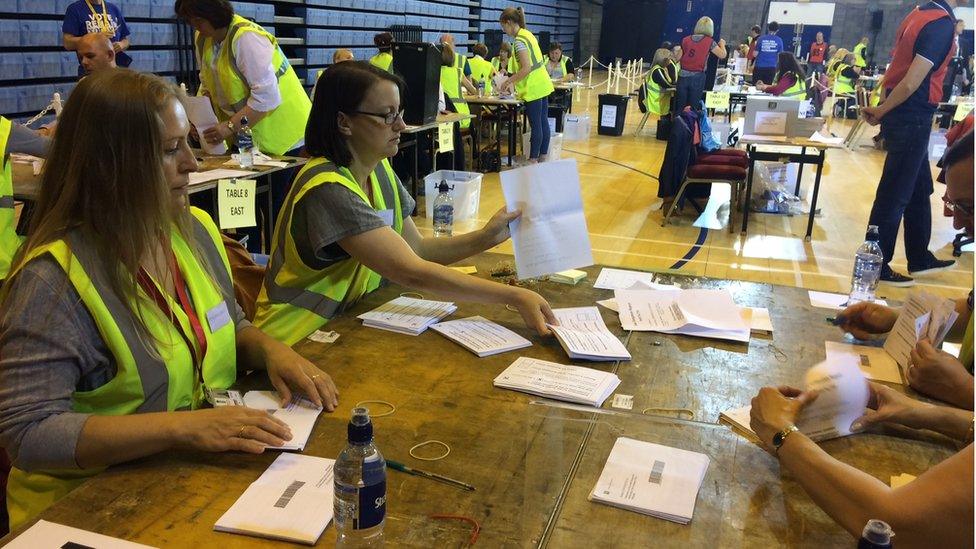MPs debate Scotland in EU options at Westminster
- Published
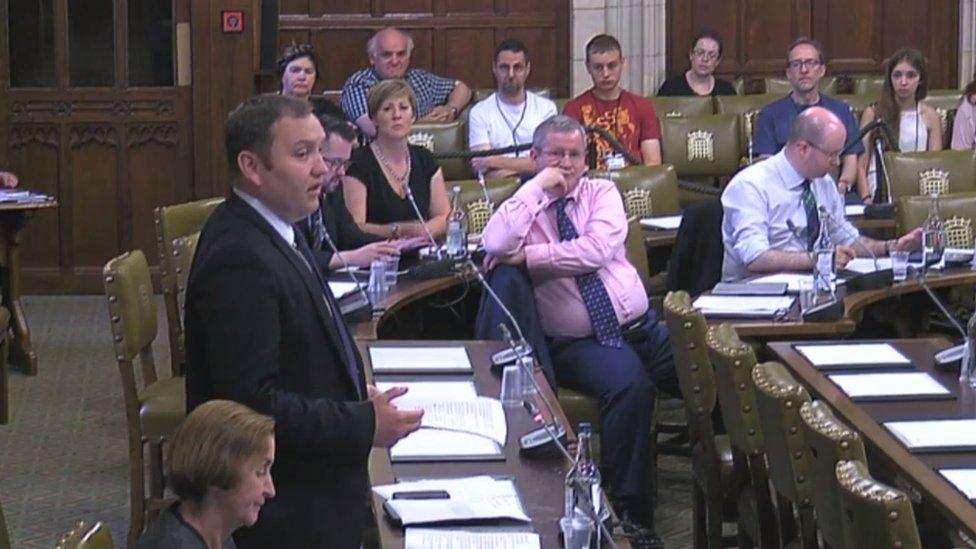
Labour MP Ian Murray led the debate at Westminster Hall
MPs have debated possible options for keeping Scotland in both the UK and the European Union.
The debate was led by Scottish Labour MP Ian Murray, who said Brexit negotiations should fully involve all of the UK's devolved administrations.
First Minister Nicola Sturgeon has pledged to explore all the options for securing Scotland's place in Europe.
Prime Minister Theresa May has said she wants the Scottish government to be "fully engaged" in the Brexit talks.
Ms May has described some of the proposals to keep Scotland in the EU as "impracticable" but has offered to listen to any options the first minister comes forward with.
However on the same day as the Westminster Hall debate, Attorney General Jeremy Wright underlined that "all of the UK" would be leaving the EU, also dismissing the idea that Holyrood could have some form of "veto" over Brexit.
'Two mandates'
Leading the debate in the second chamber of the Commons, Mr Murray said Scots had voted "overwhelmingly" to remain in both the EU and the UK at recent referendums, in 2016 and 2014 respectively.
He said: "The destination for me and the Scottish Labour Party, and the Labour Party as a whole, is to make sure that Scotland's position in the UK is assured, but that we don't lose sight of the advantages that we get from the European Union.
"Those are the two mandates the Scottish people have given us, and to disregard one mandate for the other would be wrong."
The Edinburgh South MP said he wanted to explore the potential implications of powers over areas such as agriculture, fishing and air quality being returned to the Scottish Parliament from Brussels.
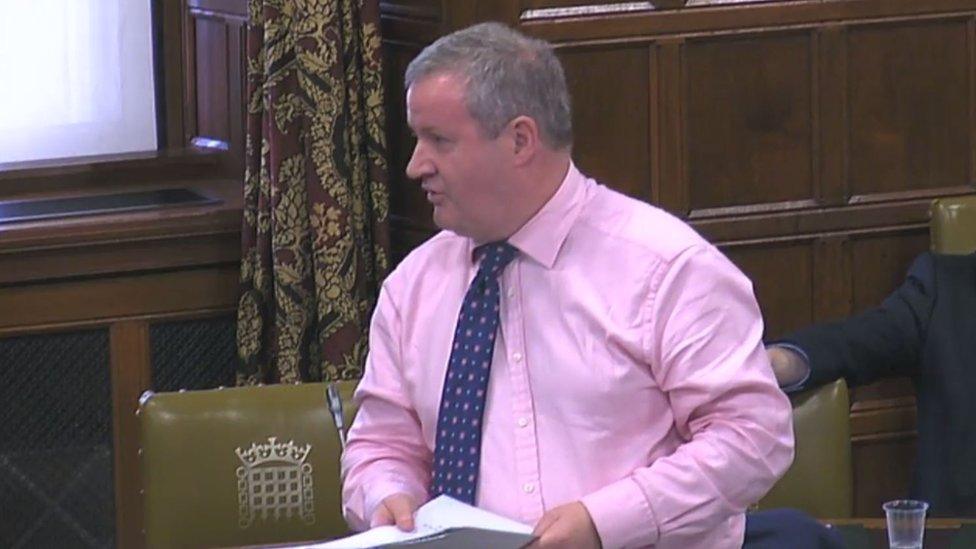
Ian Blackford said Scotland's "future remains as a European nation"
He also said it was essential that any talks fully involved the Welsh and Northern Irish governments and the London Assembly.
A number of SNP MPs took part in the debate, with several underlining that the option of Scottish independence was also "on the table".
Ian Blackford said that "the people of Scotland have spoken", noting that Scots voted 62% in favour of remaining in the EU.
He added: "The UK might be leaving, but for us in Scotland, our future remains as a European nation.
"If it becomes clear that Scottish independence is the best and only way to achieve that, then that is an option that Scotland has to have. If the Scottish parliament judges that a referendum on independence is now the best option for Scotland's continued place in Europe, then the Scottish government has a duty to act.
"The UK we voted to stay in in 2014 no longer exists. Independence could be the best option to provide security for our economy and society. Independence would not be about Scotland wanting to leave, but to stay with what we have currently."
'Brexit masochists'
Fellow SNP MP Patrick Grady added that it would be "democratically unacceptable for Scotland to be taken out of the EU against its will".
And Glasgow South MP Stewart McDonald had strong words for the Leave campaign, likening Brexit to "political suicide".
He said: "The Brexit masochists have utterly ruined politics and turned it on its head. And I and my colleagues won't allow my country to bear the brunt of that. Because on the back of a Brexit vote that Scotland did not vote for, the political establishment here in London's behaviour and response has been shambolic."
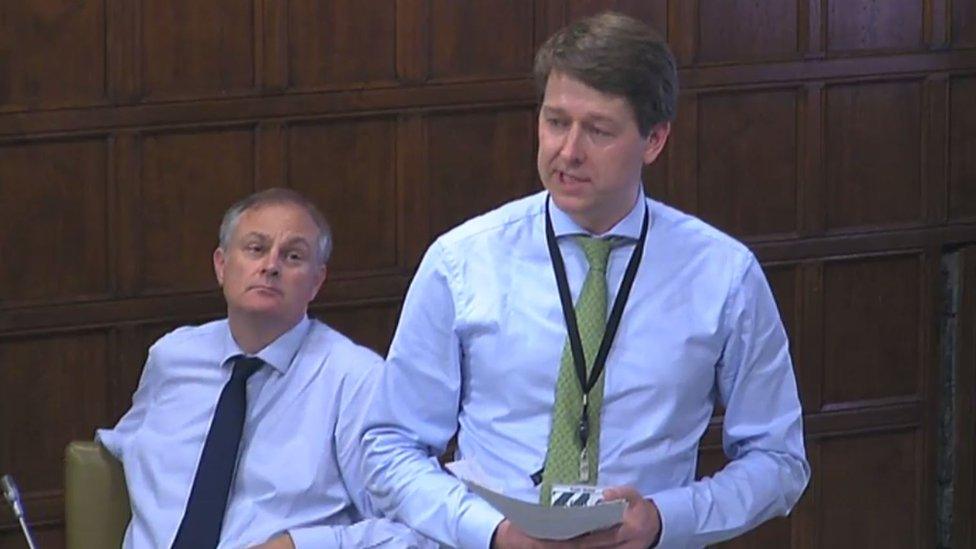
Brexit minister Robin Walker said everyone needed to work together after the Brexit vote
Brexit minister Robin Walker, speaking for the government, said he had voted Remain, but said the decision had now been taken and had to be respected.
He said: "We should no longer be talking in terms of leavers and remainers. It is the responsibility of all of us to secure the best possible outcome in the interest of all UK citizens. We all need to work together.
"There is certainly respect for Scotland's position, and the first minister, and the fact that the prime minister broke a reshuffle to go up to Scotland to meet with the first minister is a sign of that respect.
"I'd like to repeat my personal commitment to fully involving the devolved administrations in the preparations for the complex task ahead of us.
"There can be no doubt we are working towards securing the best possible deal for the whole of the UK, and in order to achieve this we need to work openly and collaboratively with the devolved administrations at official and ministerial level."
- Published21 July 2016
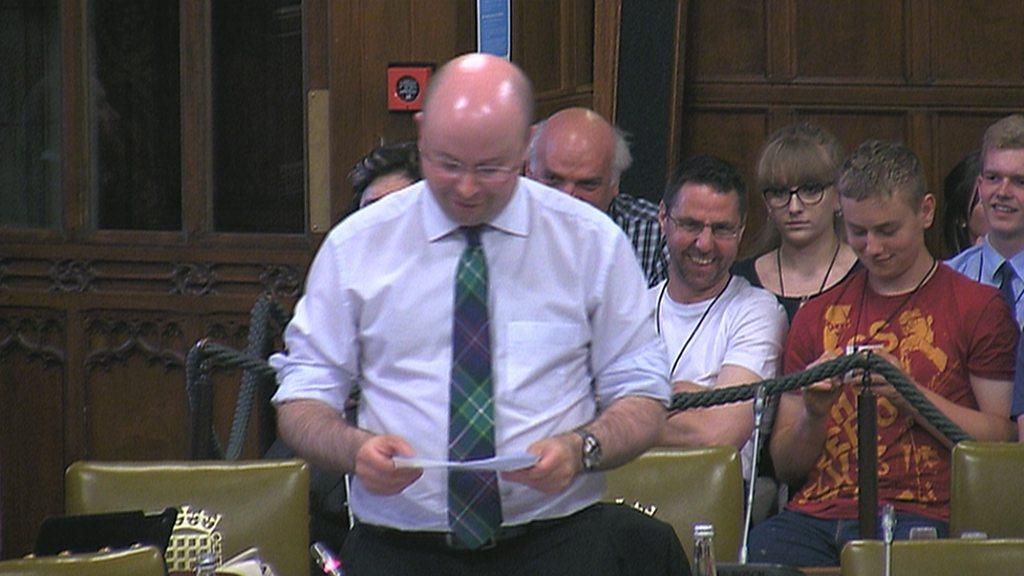
- Published17 July 2016
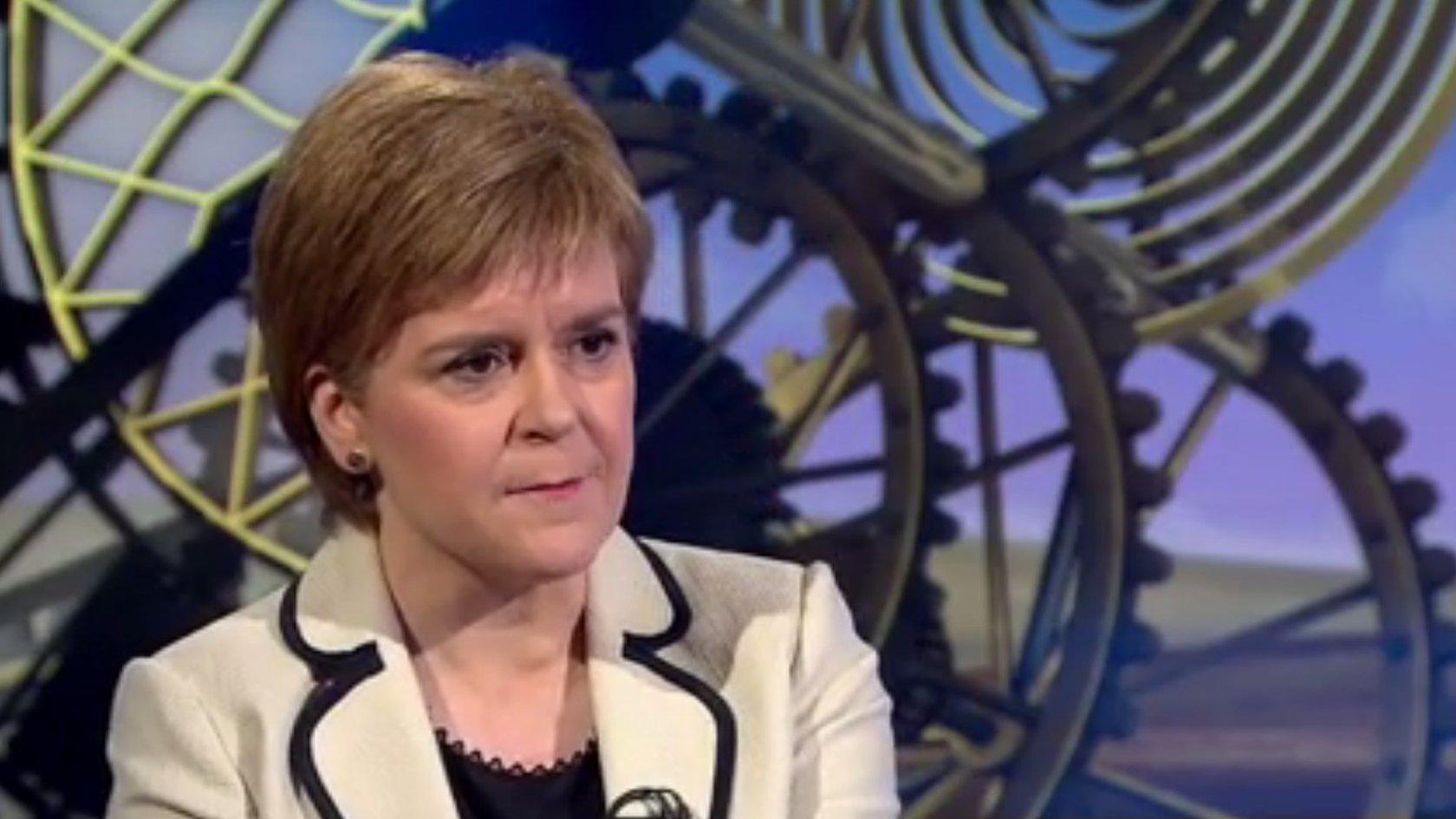
- Published14 July 2016
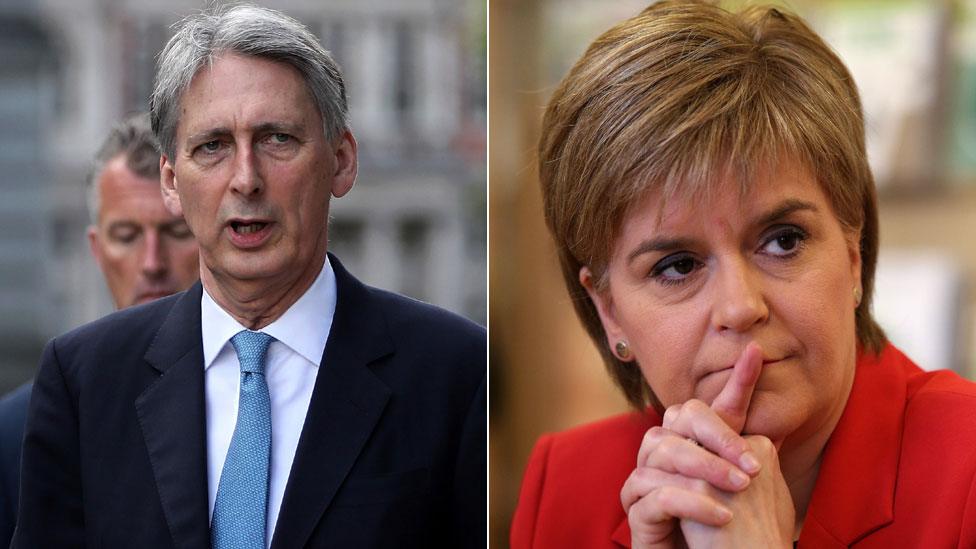
- Published27 June 2016
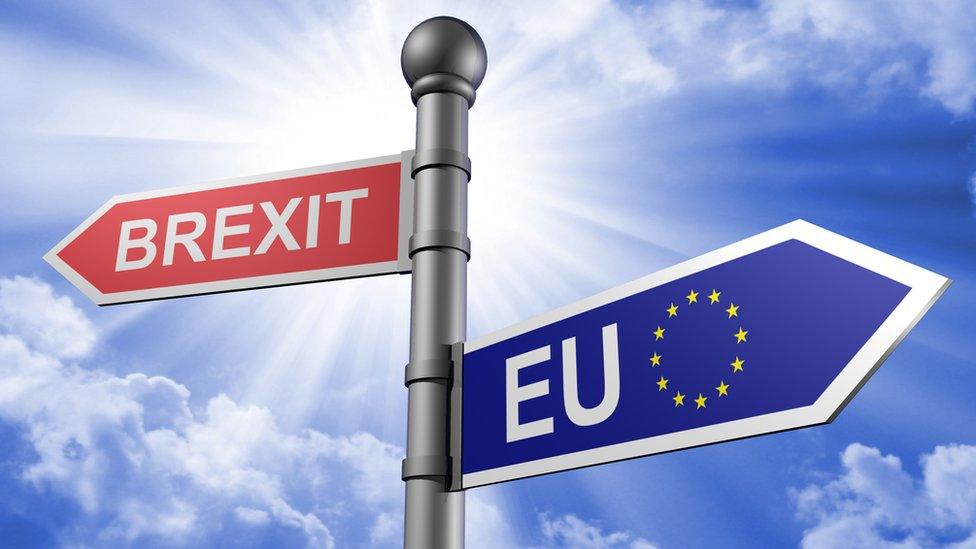
- Published24 June 2016
